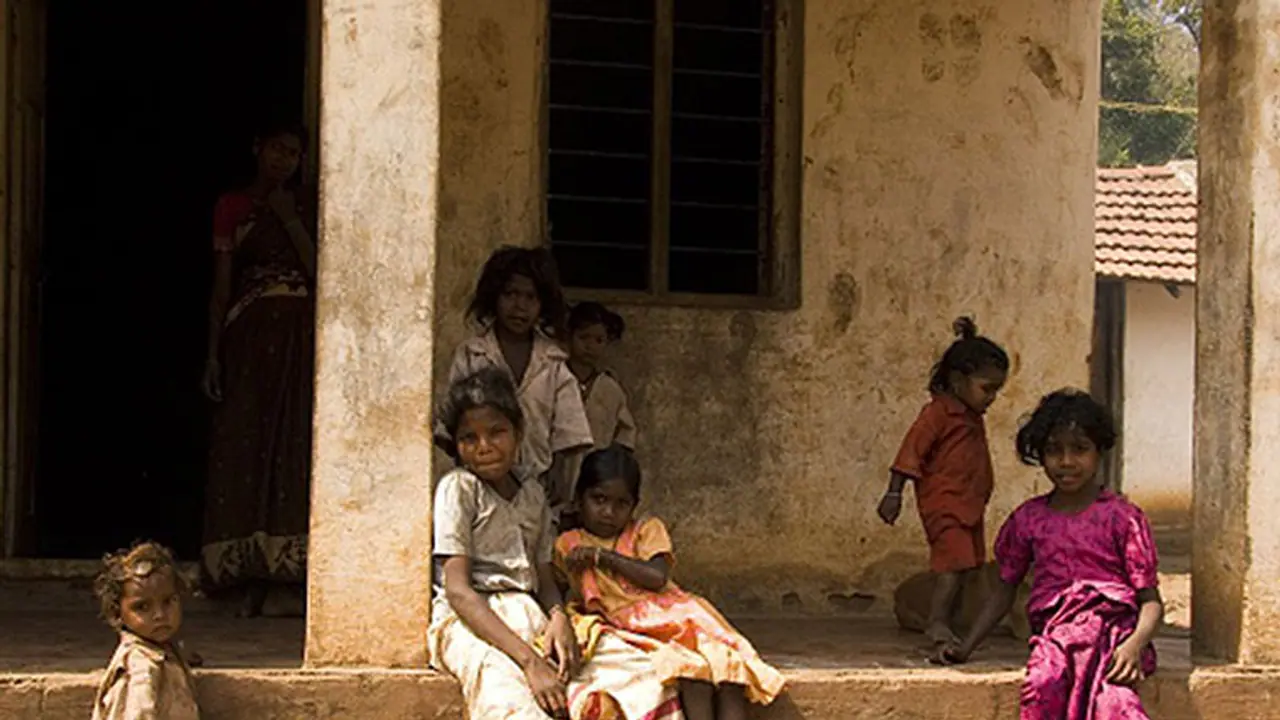Last year, 12 social welfare schemes failed to meet their target in various states. Mismanagement, corruption and lack of political will are often considered as the reasons behind the failure. Recently, tribal communities in Biligiriranga Hills were caught selling ghee supplied under a social welfare scheme.

In India, there are a number of social welfare schemes that aims at uplifting the underprivileged and providing necessary assistance to ensure basic facilities of livelihood are made available to all. From housing to education and from employment to subsidised nutritious food there are social schemes for everything in the country.
The Union Budget of 2017-18 also allocates substantial money on various schemes for poor and India’s rural sectors just like the budget of the previous year. In fact, each union budget sets aside an impressive amount of funds for various social welfare schemes. However, according to the report by the Ministry of Statistics and Programme Implementation 12 pro-poor schemes in which the central government invested a good amount of money failed to achieve their set targets last financial year.
For example, Pradhan Mantri Gram Sadak Yojana failed to meet its target in 14 states, Pradhan Mantri Awas Yojana – Gramin could not reach its target in 27 states, the skills development programme National Rural Livelihood Mission met its goal only in Kerala and Tamil Nadu.
This certainly gives birth to the question, why social schemes fail in India?
The usual trend is to blame the central as well as state government for mismanagement, lack of political will, and of course, gross corruption for the failure of implementing the social welfare schemes. What is comfortably overlooked is the fact that non-cooperation of the people for whom these projects are created or in many cases, misappropriation of facilities provided under these schemes.
Case in point, the recent incident of tribals of Biligiriranga Hills who are selling government provided ghee in open markets to buy alcohol and meet their additional expenses. The central government under the Additional Nutritional Scheme through Social Welfare Department provides fixed amount of nutritious edible that apart from various other food items also includes one-litre ghee to fight widespread malnutrition among the tribal population.
But, the communities that do not consume ghee are selling this item to agents at a dirt cheap rate. These agents visit the home of the tribals to buy the government supplied ghee. The New Indian Express report also claimed that eggs and dal provided under the same scheme are also sold off by the tribal communities here.
This scam was exposed when BR check post’s forest personnel reportedly seized 80 litres of ghee that was being transported to sell on shops in the nearby towns.
This is not a standalone incident as similar incidents are reported from different part of India, time and again. In short, one of the primary reasons for the failure of social welfare scheme in India is the apathy of the people for whom the programmes, schemes and plans are being made.
